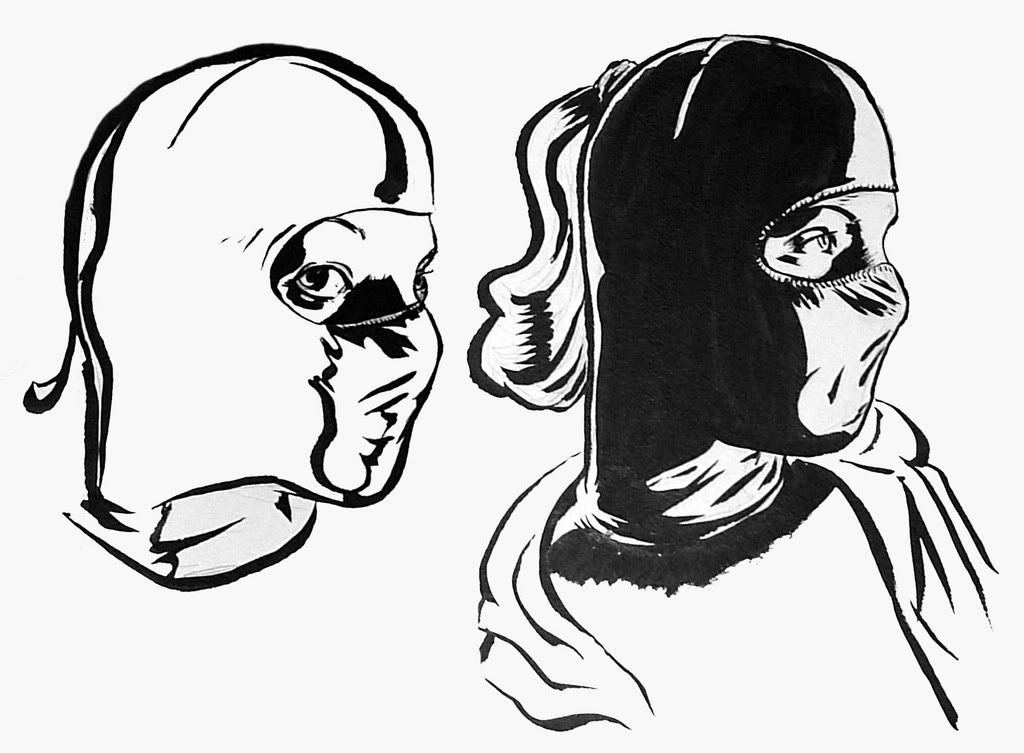I really don’t like saying that I don’t like certain poems, but overall, Sandra Alcosser’s poetry really didn’t do anything for me. I liked certain lines, images, or stanzas, but I’m not sure if I liked a complete poem of hers. So I guess I will comment on observations I made and some images that I did like.
Alcosser seemed to address some “isms” that previous poets we have studied have not acknowledged. What initially comes to mind are feminism and racism. The feminism was a little more prevalent; in fact, by the poem in the section Sugary Heat had undertones about comments she was making about men. The poem “Pale Boat at Honey Island” had a lot of sexual imagery (“the way he pushes deeper,” “he poles deeper”), but the imagery is more disturbing than pleasant. For example, Alcosser follows “the way he pushes deeper” with “into everything I hate” (7). She also uses words like “silt,” “muck,” “rotten breath,” and “sweat the odor of crawfish” about her lover; not exactly what one would expect (or want) to hear about a sexual experience.
A similar but different comment about feminism was made in the poem “A Warrior’s Tale” where a man tells the horrific story about a woman who had been raped, pushed over a cliff, and left to die. At the end of the poem, a woman who heard the story, Rachel, breaks down and cries in another room where the men could not see her. This seemed to be a comment about women not wanting to show fear in front of men. This made me wonder, if a woman shows fear in front of a man, does this give him power over her? Why do some women choose to act tough in front of men but breaking down once they leave their presence. It is an interesting comment on genders: what is a heroic story to the man who found and called attention to the attacked woman is a story of absolute horror to a woman to a woman.
Another poem that had some comments on women was in “In the Jittering World” (20). The line that made the comment was “Perhaps we both are lost in our landscape, woman and chameleon always changing to save our skin.” This seems to comment on the way the woman role has changed so much since the beginning of time but probably more in recent times with women’s lib. There is the pressure for women to change from the roles they used to be forced play (being only a wife and mother). Women are now supposed to want a high-powered career and to be able to fulfill a role that was traditionally reserved for men. This idea also seems to be present in “Wildcat Path” (where Alcosser writes “When I serve my family at the kitchen table, they lick their lips, turn toward me – mother, wife, teacher no longer, but now the woman who walked with a lion” (49).
The other “ism” (racism) was addressed in the poem “Worms,” but I won’t go into detail because that was a lot more upfront an obvious than some of the feminist imagery.
What I do like about Alcosser is her strong imagery and the way she played with the poetic form. Some poems seemed more like prose (“The Red Dress” [35]), some had a less conventional shape (“In the Jittering World” [20] and “Wildcat Path” [48-49]), some looked like their subject (“Throughout the Duration of a Pulse a Heart Changes Form” [57]), and some changed back and forth between poetic form and prose form (“Buying the Carnival [27-29]).
Subscribe to:
Post Comments (Atom)

No comments:
Post a Comment